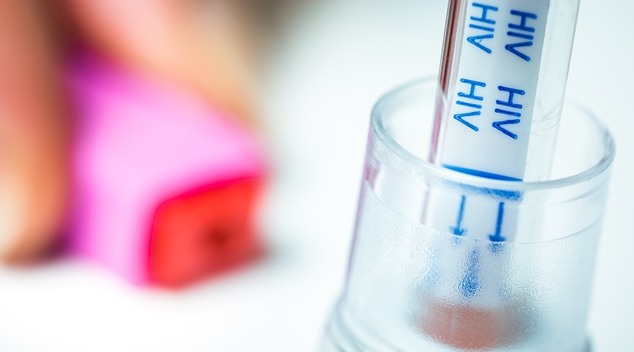
Faced with a dramatic rise in new infections of HIV health agencies in Taiwan are making home testing more easily available.
The nation’s Centre for Diseases Control announced on Friday a new scheme that would see blood and saliva based home testing kits being made available via convenience stores.
Previously the kits were only available via 408 authorised pick up locations across the country, but the new scheme will see people being able to request a kit online and it being sent to their neighbourhood convenience store for pick-up.
To encourage people to take up the opportunity, those who order one during June will also get a free packet of condoms and lubrication. The testing kits cost AUD$11.20 including delivery costs.
The Taiwan Times reported that a total of 1,992 new cases of HIV were reported among Taiwanese last year.
The use of home testing kits has been criticised because it does not give clients adequate support services and it may be challenging to get people to take action and begin treatment once diagnosed. The cost of home testing is also more expensive that testing offered through a clinic.
In 2013 the then CEO of the WA AIDS Council, Andrew Burry, told OUTinPerth that home testing could have a place in Western Australia’s approach to tackling HIV.
“The absence of rapid testing it not a particular barrier in the Perth metro area, but what about the people who live a two hours drive away who don’t test at all because they don’t really have the opportunity to come to a testing site, or live in a small community where they don’t really want to discuss anything with the local doctor.” Burry said.
“I don’t like to call it home testing, I like to call it ‘self ministered testing’, and there’s a place for self ministered testing if it’s supported effectively.”
In 2017 the results of an Australian study looking into the effectiveness of self-testing were published. It found that when given access to self testing, alongside regular testing methods, gay men at high risk of contracting HIV tested twice as often. The report recommended that self testing be made available in Australia.
OIP Staff





